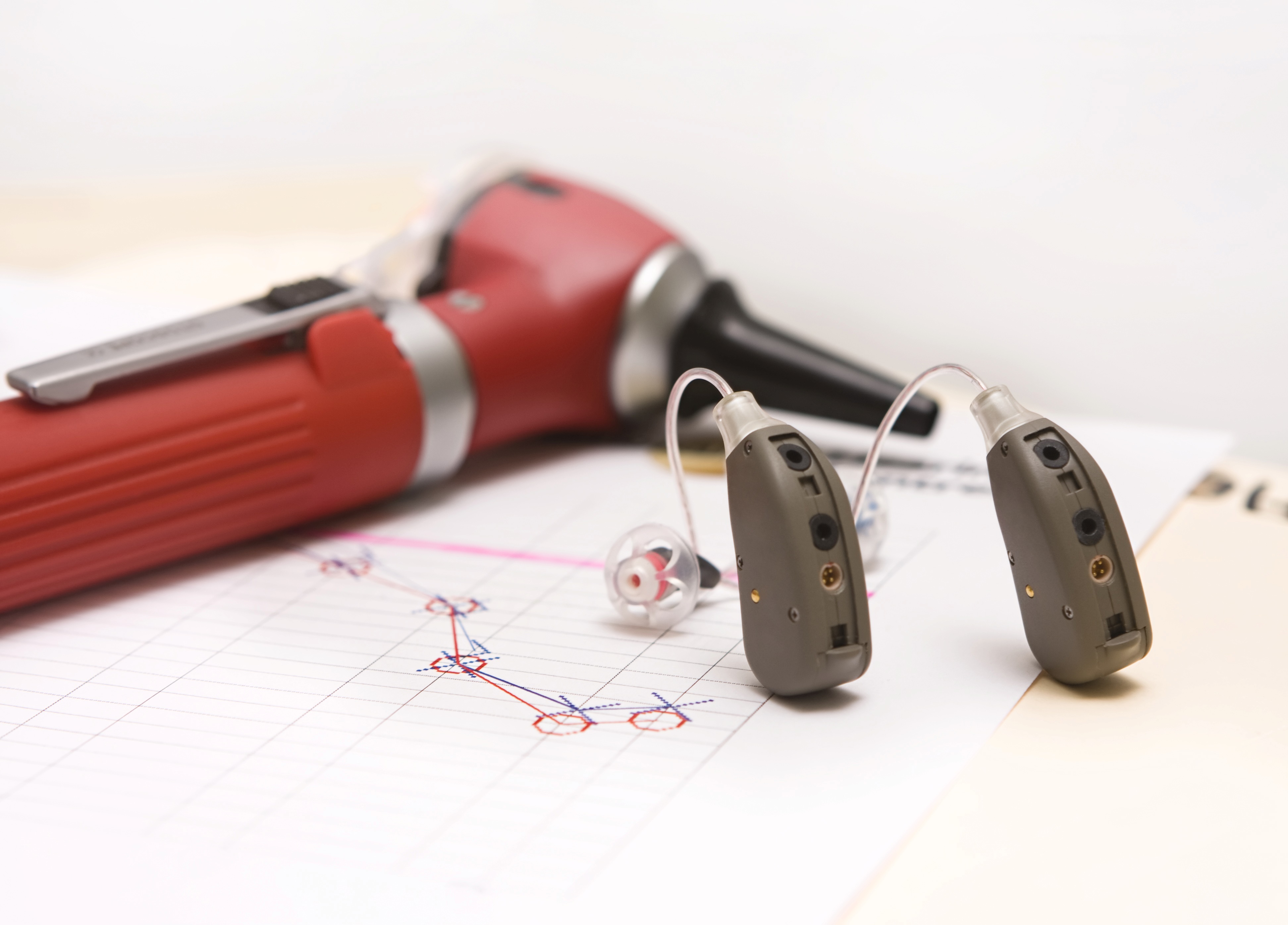
You’ve probably watched the advertisements. The ones marketing PSAPs, or personal sound amplification products, guaranteeing a boost to hearing for as little as 20 dollars. It seems like a terrific bargain—especially in comparison to the substantial price tag of a hearing aid.
The reality is, it’s not so much a good deal as it is clever advertising. The ads do their best to obscure some very important information while emphasizing carefully selected talking points.
But the question remains: why would you choose to spend more money on a hearing aid when cheaper PSAPs are readily available? Here are five reasons.
1. PSAPs are not medical devices regulated by the FDA
Listen carefully to the PSAP advertisements. You’ll hear all about “boosts” to hearing but never about treating hearing loss. The reason: PSAPs are not FDA-regulated medical devices and can not be used to treat any medical ailment, including hearing loss. PSAPs are simply leisure devices meant to provide benefits to those who can already hear normally.
Using a PSAP to treat hearing loss is like buying a pair of reading glasses to treat near and far-sighted vision impairment. Hearing aids, on the other hand, are FDA-regulated medical devices that can properly treat hearing loss.
2. PSAPs are not programmable
Hearing aids may not look very impressive on the surface, but inside they include advanced digital technology that can slice up, save, adjust, and regulate any type of sound. Hearing aids can additionally make adjustments for pitch and volume so that amplification matches the patient’s hearing loss exactly.
A PSAP, in comparison, is a one-size-fits-all electronic gadget that amplifies soft sounds. Since everyone’s hearing loss is a little different, PSAPs won’t amplify the correct frequencies. Instead, PSAPs will amplify all sound, producing distortion in noisy conditions.
3. PSAPs can’t enhance speech
Speech sounds are distinctive in that they are principally represented in the higher frequencies, particularly in comparison to background sound. Considering that digital hearing aids can identify variations in sound frequency, hearing aids can amplify speech while repressing background noise. PSAPs, for the most part, lack this functionality.
4. PSAPs could cost you more in the end
To start with, hearing loss is on occasion brought about by factors that do not require hearing amplification whatsoever. If, for instance, earwax buildup is producing your hearing loss, a simple professional cleaning can improve your hearing within minutes—and without a dime spent on any amplification devices.
Second, sometimes more significant medical conditions can result in hearing loss, so you’ll want a professional evaluation to rule this out. Considering that you can buy a PSAP without any communication with any healthcare specialists, you could be putting yourself in danger.
Third, if you do have noise-induced or age-related hearing loss, a PSAP will not function the way you want it to. You’ll most likely invest in a hearing aid sooner or later anyway, so you might as well skip the additional expense of the PSAP.
And last, in contrast to hearing aids, there is no mandatory trial period for PSAPs. If you buy one and it doesn’t get the job done, there’s no legal guarantee that you’ll recover your money.
5. PSAPs lack the functionality of a hearing aid
PSAPs, like we mentioned, are simple amplification instruments stripped-down of any enhanced functionality. Hearing aids, in contrast, can enhance speech, minimize background noise, and adapt to different environments. Several hearing aid models can even wirelessly stream phone calls and music, and some can be controlled with smartphones and watches.
The decision is yours
PSAPs do have their uses. If you have regular hearing, PSAPs are perfect for things like bird watching and eavesdropping on conversations, if that’s your sort of thing.
But for hearing loss, don’t settle for less than you deserve. Your hearing, and the relationships that depend on it, are too valuable.
